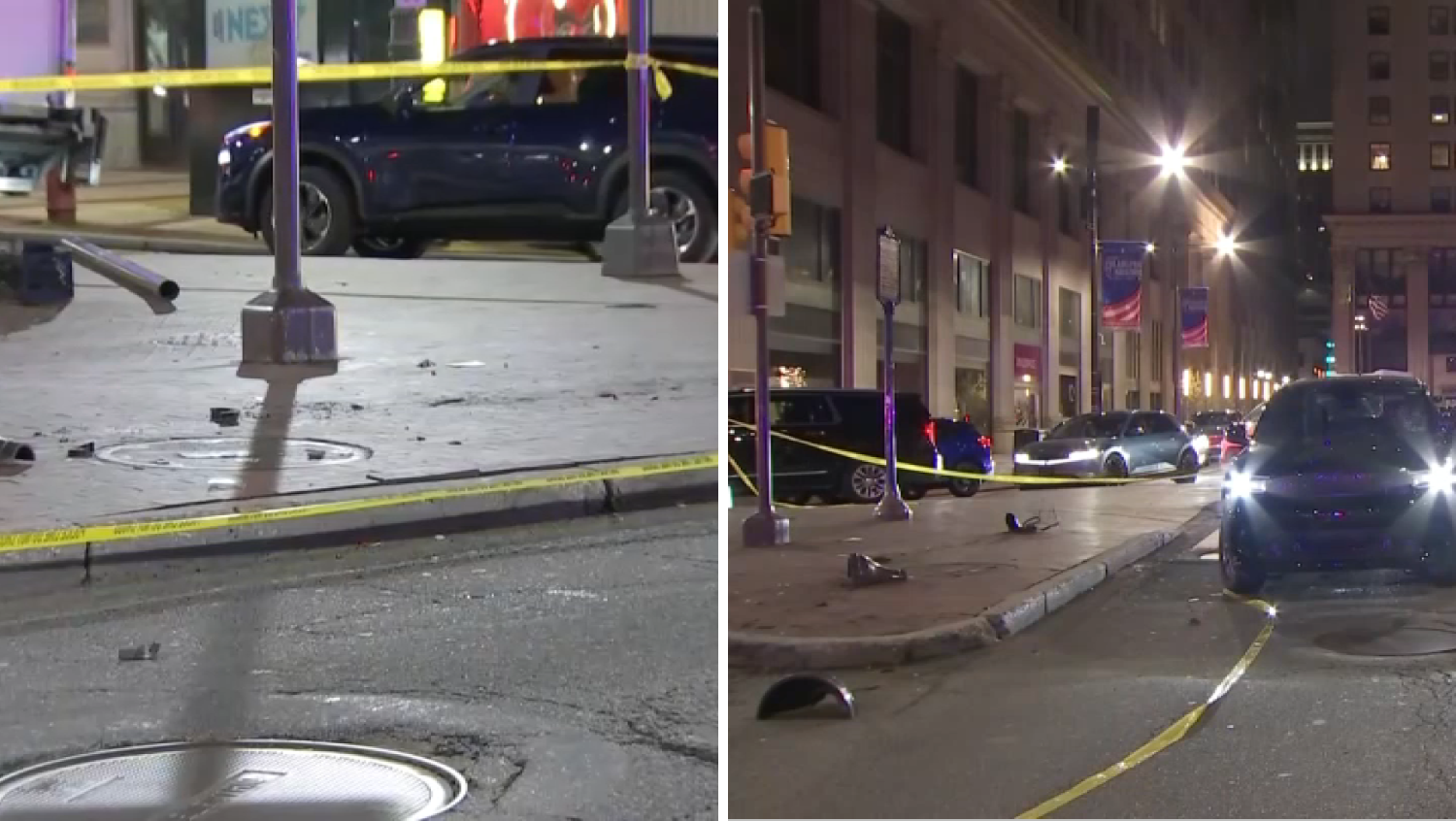New Jersey did not legalize recreational marijuana as part of the state's newly enacted budget, but Democratic Gov. Phil Murphy and a key lawmaker say it will get done soon.
Advocates of legalization say they're trying to overcome decades of stigma as well as a federal prohibition in an effort to make New Jersey the latest state to legalize cannabis. But they say they remain optimistic that bills will pass the Democrat-led Legislature this year. Opponents point to the legalization effort's slow going as a sign the effort could stall out.
Nine states and the District of Columbia have legalized recreational marijuana.
Murphy initially penciled in $60 million in tax revenue from expected legalization, which he anticipated beginning next January, but the legislation has largely stalled in the Democratic-led Legislature.
Earlier this month, Murphy signed $37.4 billion budget into law that included only $20 million in revenue from the expected expansion of medical marijuana that the governor ordered this year.
"I can't score anything when there's no bill but I think there's a broad commitment among all of us — I think I can speak for all of us — to try to get that over the goal line sooner than later," he said.
Senate President Steve Sweeney said he thinks his chamber and Assembly Speaker Craig Coughlin will tackle the issue this summer.
Local
Breaking news and the stories that matter to your neighborhood.
"We are rounding the corner on marijuana," Sweeney said. "I know the speaker and I are committed to getting the marijuana bills done this summer. That's our goal. So marijuana is something we're gonna get done."
Sweeney and Democratic Sen. Nicholas Scutari have introduced measures to legalize cannabis.
Under the legislation, people 21 and over could possess, buy, use or transport an ounce or less of marijuana. Towns could create their own ordinances governing sales, with a 180-day window to bar sales.
The measure sets up graduated tax rate on marijuana sales over several years, and calls for tax rates from 10 percent to 25 percent over four years. A previous version of the bill called for escalating the tax rate from 7 percent to 25 percent over five years.
Another bill expands the state's medical marijuana program and allows any health care practitioner permitted to prescribe controlled substances to write prescriptions. Sweeney and Scutari say patients will not be required to go only to the dispensary where they are registered and could go to any treatment center.
Lobbyists on both sides of the legalization debate say they think more public hearings — meetings were held earlier this year and previously — are expected.
Bill Caruso, a veteran lobbyist and leader with pro-legalization group New Jersey United for Marijuana Reform, said he's hopeful Murphy and lawmakers meet and work together. He said what he hopes doesn't happen is what we saw with the budget — public finger-pointing and an acrimonious process.
"I think folks in the industry want to make sure we get this right." Caruso said.
Jeanette Hoffman, a spokeswoman for Responsible Approaches to Marijuana Policy, which opposes legalization, said it seems as if lawmakers have cold feet on the issue.
"If anything, momentum has diminished since Gov. Murphy took office," she said. "It was a great point on the campaign trail, but as lawmakers learn about the issue ... it's clear that this is not a done deal."
Scott Rudder, president of the pro-legalization New Jersey CannaBusiness Association, acknowledged the effort's slowdown during recent budget negotiations but said legalization supporters have always recognized it could take awhile
"This is a subject that has a lot of emotions," he said. "We're dealing with 80 years of prohibition."
In the Assembly companion bills to the Senate legislation have not been introduced. A message left with Coughlin wasn't immediately returned.



